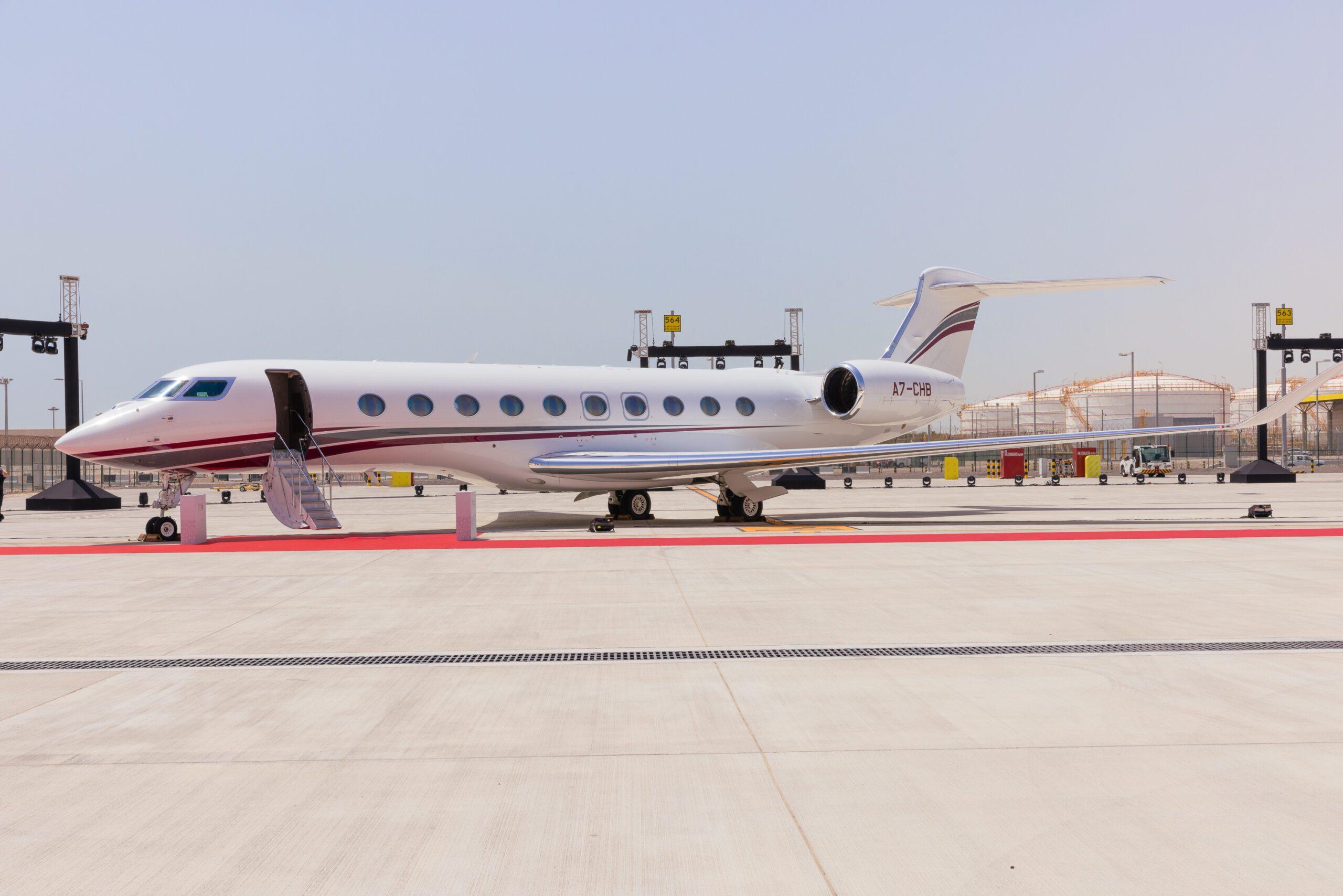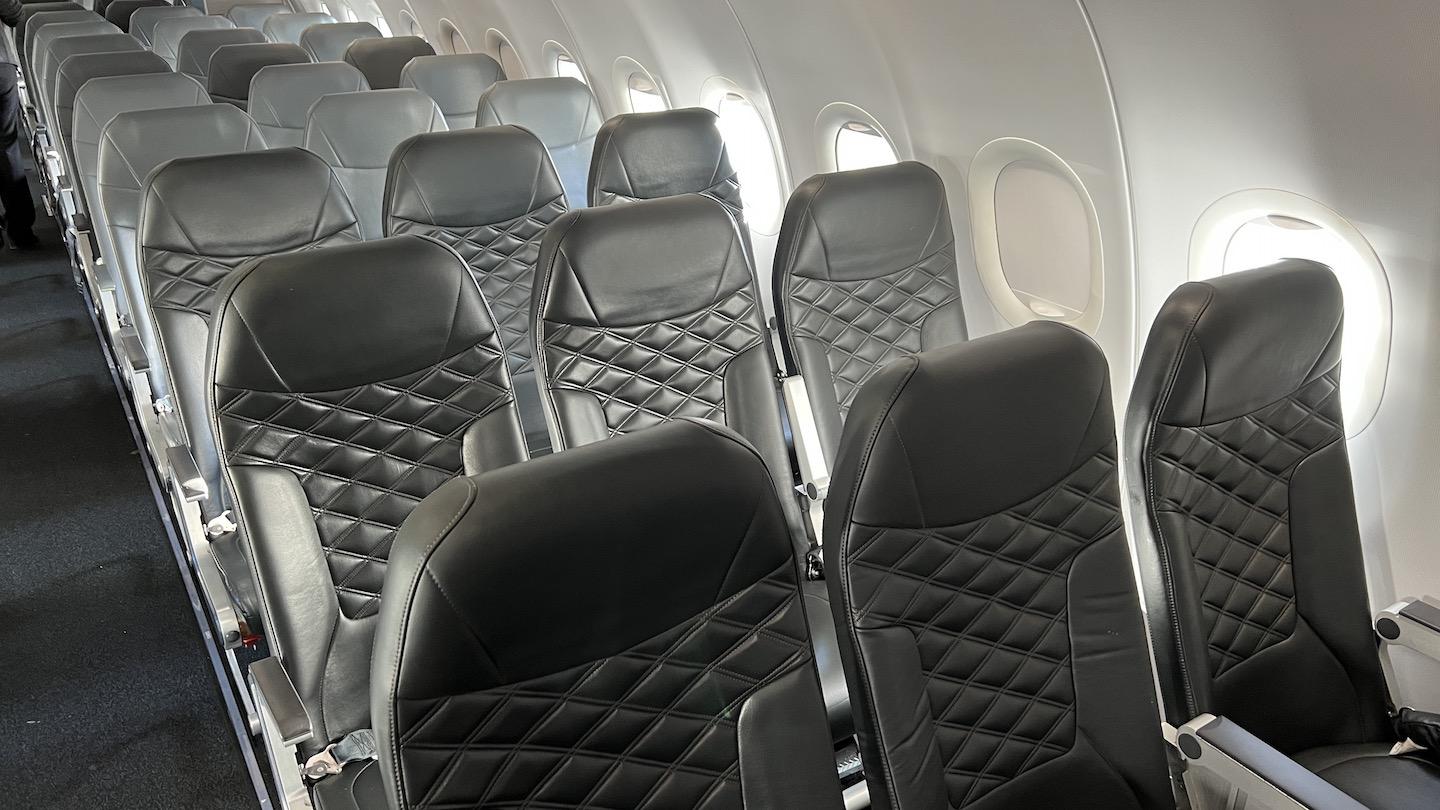Trump tariffs set to cost Japanese carmakers RM106bil
The recently-imposed US tariffs announced by president Donald Trump is set to have a major impact on the Japanese and South Korean automotive industries, Nikkei Asia reported. The leader criticised the automotive trade conditions with […] The post Trump tariffs set to cost Japanese carmakers RM106bil appeared first on Paul Tan's Automotive News.

The recently-imposed US tariffs announced by president Donald Trump is set to have a major impact on the Japanese and South Korean automotive industries, Nikkei Asia reported. The leader criticised the automotive trade conditions with the two Asian countries last Wednesday, singling out one carmaker in particular.
“Toyota sells one million foreign-made automobiles into the United States…[However] none of our companies are allowed to go into other countries,” Trump said in a speech declaring “Liberation Day in America,” having announced a 25% tariff on vehicle imports the week before. The implementation of the said tariffs on April 3 is set to have a major negative impact on both the automotive industry and Japan’s overall economy, it was reported.
How big an impact? Well, it’s been estimated that the tariffs could cost the country’s seven biggest carmakers over 3.5 trillion yen (RM106.5 billion) according to a UBS Securities report, with Toyota alone set to lose as much as 1.8 billion yen (RM54.8 billion) in revenue.
“Japanese car manufacturers will probably have to take some kind of action, such as transferring production to the United States,” said UBS analyst Kohei Takahashi.
The Japan Automobile Manufacturers Association (JAMA), on the other hand, said that the US made up more than 30% of all Japanese car exports, making it the largest single-country export destination. Meanwhile, the country’s finance ministry said that cars accounted for around 30% of total exports to the US last year, worth approximately six billion yen (RM182.5 billion).
“I strongly hope that productive dialogue will be promoted between the two governments to find a forward-looking path as soon as possible, so that a business environment which contributes to the development of the automotive industry in both Japan and the US can be maintained,” said JAMA chairman Masanori Katayama in a statement.
One of the carmakers set to be affected heavily by the tariffs is Mazda, with the US being its largest market. Sales there accounted for 34% of its global total from April to December 2024. “We will respond to each policy without preconceptions, but…if we [have been able to] reduce costs by 25%, we have already done so,” said president Masahiro Moro last month.
Meanwhile, Nomura Research Institute executive economist Takahide Kiuchi said Japan should brace for an economic downturn, predicting a 0.59% reduction in GDP due to the additional 24% broader tariff announced last Wednesday. Combined with the aforementioned vehicle tariffs, that figure will jump to between 0.71% to 0.76%. “We must consider the possibility that it could trigger an economic recession,” he remarked.
Aside from carmakers, the tariffs will also impact small and medium-sized parts suppliers, especially given that car parts will also be taxed come May 3. “It would be a massive blow to the Japanese economy. It would encourage the reduction of domestic production and employment,” Kiuchi said.
South Korea will also be hit hard by the tariffs, with the US being a big market for Hyundai. The conglomerate has been preparing by increasing US production, opening a new car and battery plant in Georgia last month with an initial capacity of 300,000 electric and hybrid vehicles, including for its Kia and Genesis brands. This followed a US$21 billion (RM94.2 billion) investment announced at the White House.
“What I can tell you is that we are not going to increase prices now [in the U.S.],” said CEO Jose Munoz at the Seoul Mobility Show, adding that the company will keep providing competitive products to the US market.
Hyundai ships 65% of the cars sold in the US from its home country, with the remaining 35% built locally, according to the Eugene Research Center. For its subsidiary Kia, that ratio is 42:39, with the last 19% being sourced from Mexico.
“US tariffs would significantly strain Hyundai Motor’s and Kia’s profitability if the companies were unable to reduce their currently heavy reliance on exports to the U.S. and replace them with vehicles produced in the US,” said Moody’s Ratings senior credit officer Mic Kang in a report. “Such a situation also reflects their limited ability to pass on tariff costs to customers, because the US auto market is competitive and automobile prices are already high.”
Trump has said that the vehicle tariffs were a “permanent” measure, and Nomura’s Kiuchi believes that the move was not designed to draw concessions from other countries. “It’s not easy for another country to withdraw [the tariff] through negotiations,” he said.
One factor that would lead the president to walk back on his policies would be “the growing public opposition to tariff policies within the US in response to problems such as the higher prices and economic downturn caused by tariffs,” Kiuchi added.
The post Trump tariffs set to cost Japanese carmakers RM106bil appeared first on Paul Tan's Automotive News.



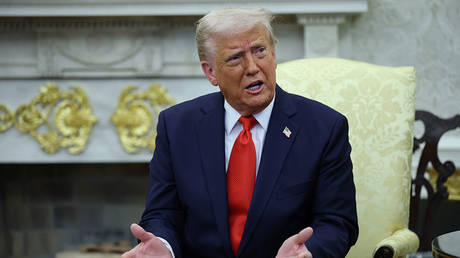




![[FREE EBOOKS] Machine Learning Hero, AI-Assisted Programming for Web and Machine Learning & Four More Best Selling Titles](https://www.javacodegeeks.com/wp-content/uploads/2012/12/jcg-logo.jpg)














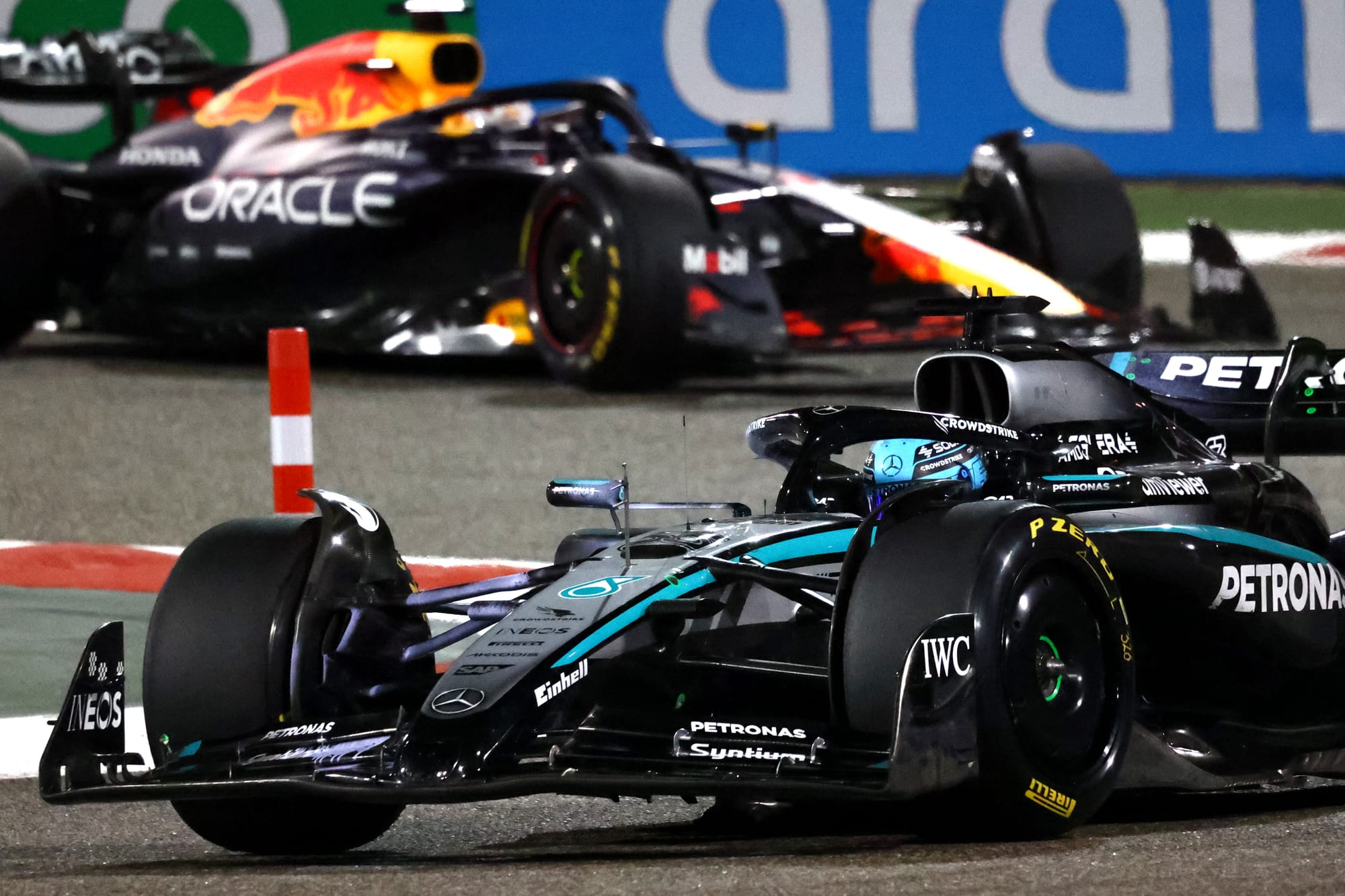

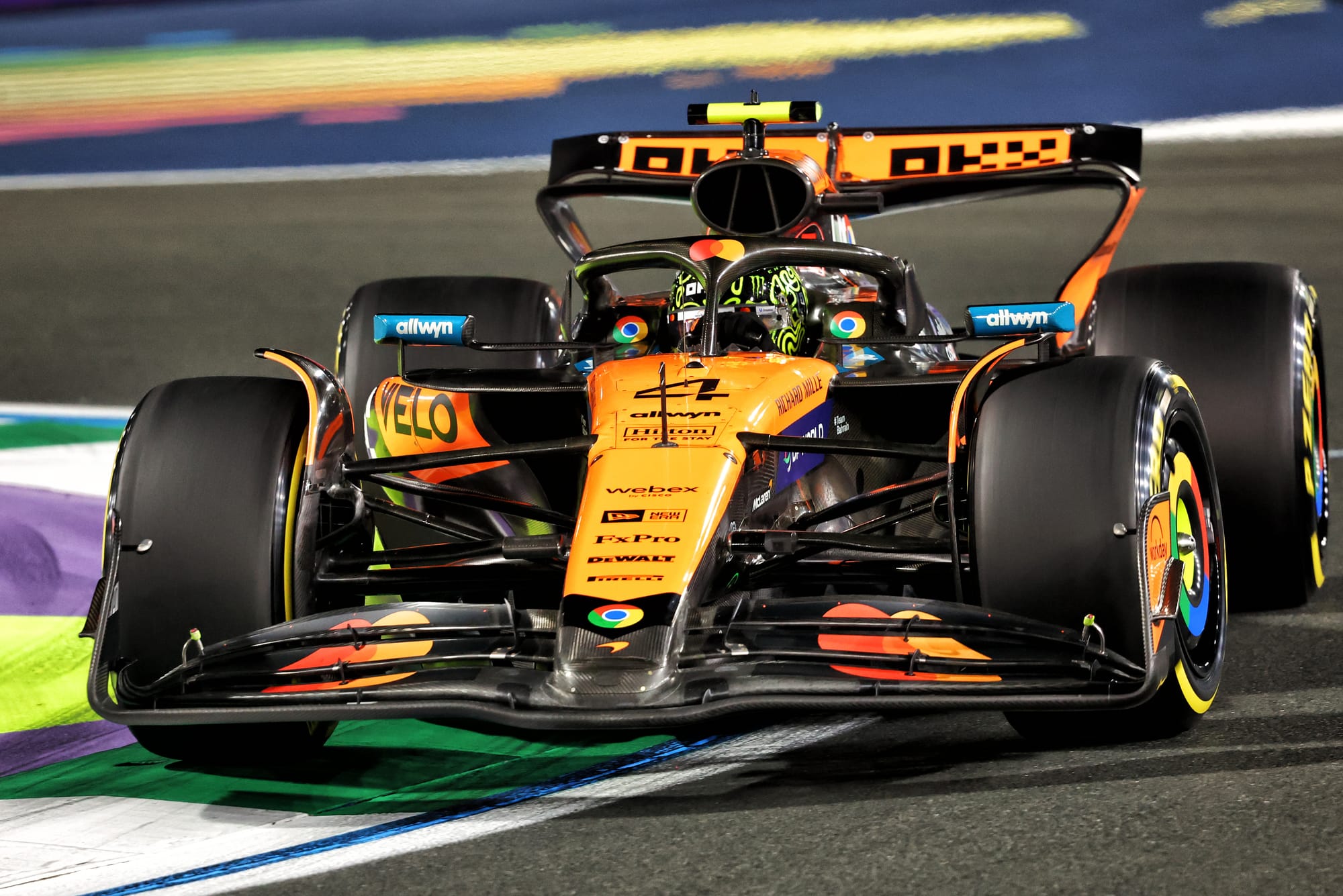
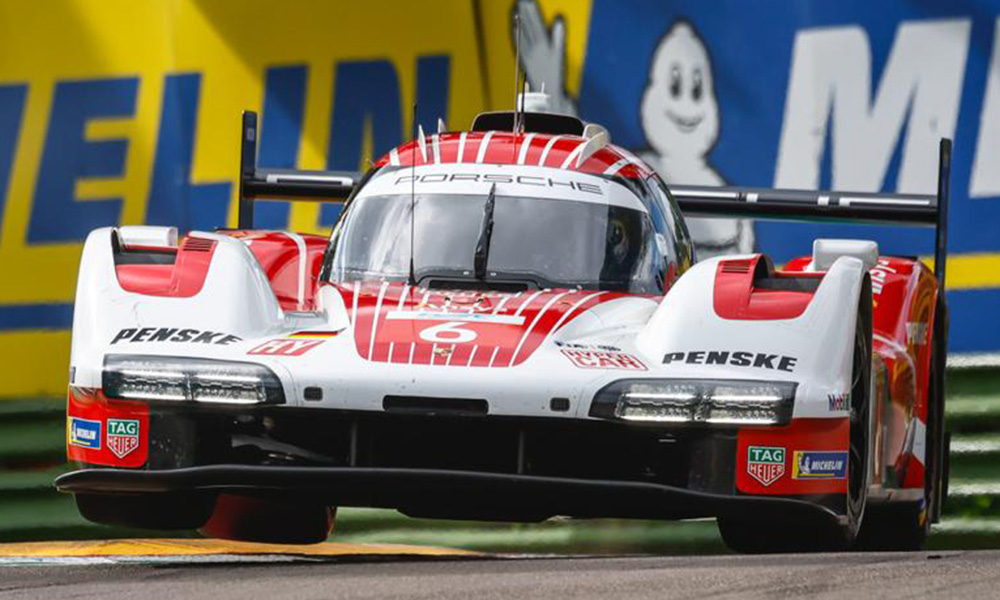

.jpg)













